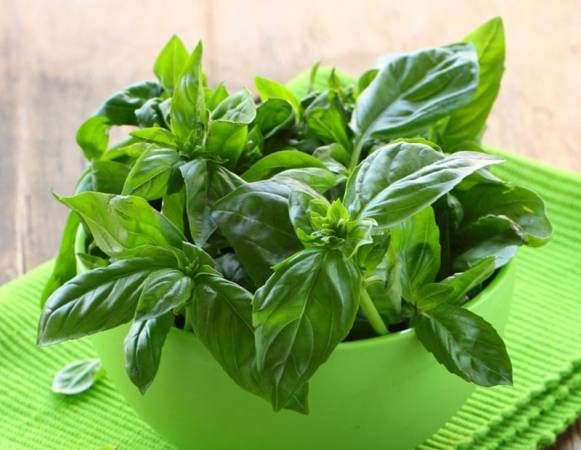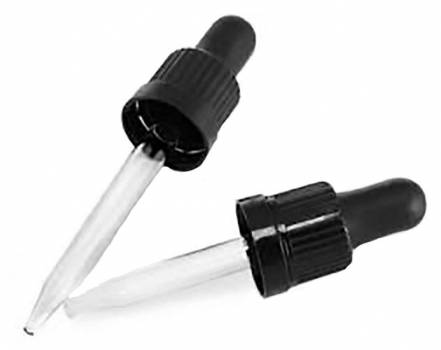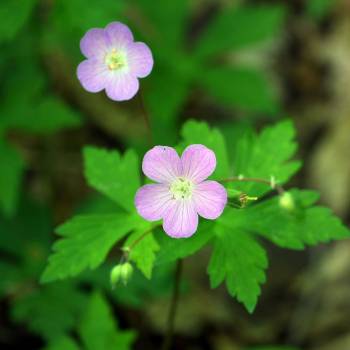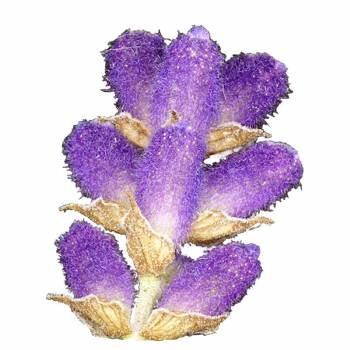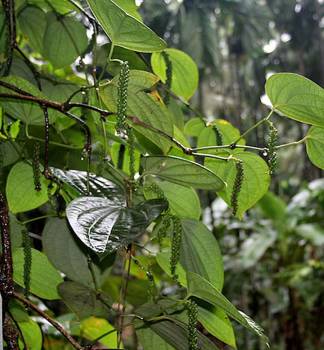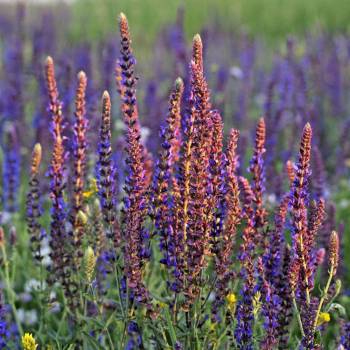Welcome Sign in
Product successfully added to your shopping cart
There are 0 items in your cart. There is 1 item in your cart.
Basil - Ociumum basilicum
Basil essential oil smells just like the fresh-cut basil and instantly brings clarity to the mind and activates the senses when used for aromatherapy. In aromatherapy the oil also is diffused to boost activity in the adrenal cortex to stimulate mind and intellect. It is also used in esthetic treatments to stimulate a sluggish complexion when a few drops are added to a facial steam or used in a massage blend to improve circulation
New
Available
Data sheet
| County of Origin | India |
| Botanical Family | Labiatae |
| Chemical Family | Monoterpenols |
| Approx. Shelf Life | 5 years |
| Plant Parts | Leaves, flowering tops |
| Note Classification | Top |
| Method of Extraction | Steam Distilled |
| Blends well with | Bergamot, Black Pepper, Clary Sage, Geranium, Hyssop, Lavender, Marjoram, Neroil |
| GC/MS | Available upon request |
More info
History: In Greek its name means 'royal remedy' or 'king'. In the 16th century, powdered basil was used to treat migraines and chest infections. The ancient Egyptians believed that it would open the gates of heaven to a dying person, and the Hindus use Basil sprigs to protect the dead from evil while in transition between lives. Western European lore sometimes claimed that it was a symbol of evil, while the Eastern Orthodox Church used it in the making of holy water.
Characteristics: Basil has a sweet, spicy, fresh scent with a faint balsamic woody back note and a lasting sweetness that makes for a strong top note. This is almost colorless to a pale amber colour with a thin consistency.
Clinical Studies: This herbaceous, slightly camphorous smelling pure oil is commonly used in insect repellent and insect bite creams as well as in many bronchitis, cold and cough inhalants.
Indications:
Personality Profile:
Subtle Aromatherapy:
Mode of Administration:
Safety: Dilute before use; for external use only. May cause skin irritation in some individuals; a skin test is recommended prior to use. Contact with eyes should be avoided.
